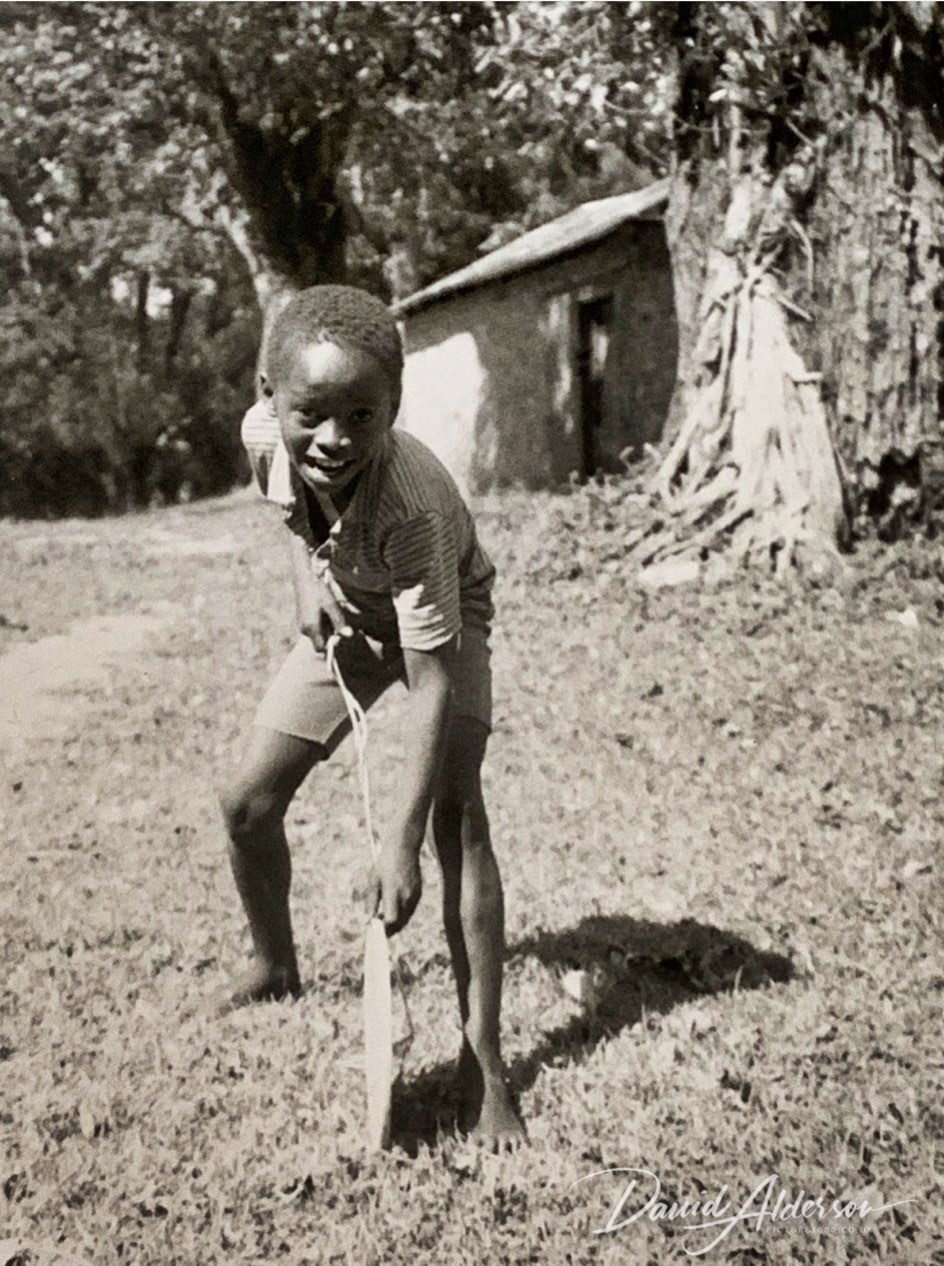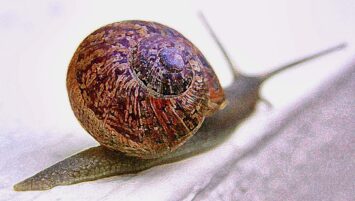Share Post
I learned to drive on those East Texas red clay backroads,
and I mean to tell you my friends, they weren’t no easy roads…Michelle Shocked, Memories of East Texas
– I –
Last summer we put
a chicken carcass out
in the rubbish, in the heat.
By week’s end the whole bin
was infested with maggots,
squeezing and squirming,
turning and turning.
My stomach turned too,
and I sought shelter in Jeyes fluid,
liberally applied. Undaunted,
the maggots continued
their grim dance of death.
I shut the bin, tight,
and put it out in the road:
out of sight, out of mind.
But a place inside me,
tight shut for thirty years—
out of Africa: out of mind—
came open; came apart.
Early mornings reeking
with Jeyes’ sharp tang,
late evenings with the sickly
sweet breath of blood and alcohol.
Midday sun on blowsy bougainvillea,
drowsily digesting doughnuts and fanta;
mid-night glint from bared metal bedsteads
dully reflecting a single, stuttering strip.
Surgical gloves, boiled and reboiled, falling apart.
Green needles, reboiled and reboiled, entirely blunt,
eliciting groans from comatose patients,
tearing the flesh as they plunged into muscle.
And the taste of hot chai,
brewed straight from the instrument boiler.
The lone, lonely doctor, polio lame,
his sterile, gloved hand supporting his knee
as he hobbled to the patient.
And the little boy who befriended me,
shouting mzungu with joy.
Whose picture I took.
Whose picture I have.
Whose picture I promised to send.
And so easily could.
And never would.
Memories of East Texas
playing in my head;
memories of East Africa
replaying and replaying in my mind.
– II –
My first night on call,
my first patient:
with seventy percent burns.
She had confronted her husband
about his girlfriend,
and he had responded in kind,
with kerosene.
The doctor sited her drip:
fluids, fluids, if nothing else,
I knew she needed fluids.
Three a.m.,
a soft tapping on my window:
a tissued drip and the nurses
had tried for two hours.
Cold and clammy,
and smelling of death.
I struggled for a vein,
then: “Call the doctor.”
And again, then again:
“Get the doctor.”
Desperate now:
“Call the doctor.”
I found him in his room, asleep.
“I thought it was just the nurses. I’ll come.”
How callous to sleep
while his patient was dying.
But she was unconscious,
his on call relentless,
and she could never survive.
– III –
A panga slash through
a teenager’s brow:
an everyday trauma
I knew how to treat.
I sutured it – beautifully
knots tensioned, evenly
skin aligned – flawlessly
Next day he was swollen
like an overripe fruit,
both eyes squeezed shut
by the tension inside.
We cut out the stitches
and pushed out the pus.
Washing and washing,
rewashing the wound.
All that night
I pictured him
turning the corner
but he turned another
o p i s t h o t o n u s
a lumpen word
for the living hell
of lock-jaw.
There’s a picture by Bell, from 1809,
that shows such a patient,
contorted in truly, terrible agony.
It doesn’t come close:
back arched
beyond breaking
face a grim mask
teeth cracking
bones snapping
as the axial
spasm increased
and increased
and increased.
There was little we could do.
I looked in a book
and rushed to tell
the doctor that
we could give
more diazepam
He and the nurse
exchanged a look
but he gave the dose.
Soon, the spasms relented.
As did his breathing.
As did his life.
Cold comfort from the
doctrine of double effect,
but I was glad that
his suffering had ended.
Though mine had not.
– IV –
The fretful, young mother
waiting, on New Year’s Eve.
Her baby, wrapped tight,
showing only her face,
serenely asleep.
I smiled reassurance
and human connection,
then waited in silence
for a nurse to interpret
her Kiswahili.
But suddenly panic:
a torrent of trauma
flowed from the road.
Man v matatu
on the crest of the hill.
Fleeing the mob,
the driver had sealed
his passengers’ fate,
when he failed to engage
the minibus brake.
Then wave upon wave
of changaa fuelled violence
broke over us, swamped us,
and finally snuffed out
the remains of the day.
The newborn new year
found me first footing,
a faltering flash-light
showing the way
to the unlit, unlovely
hushed, mortuary hut.
On the cold, metal table,
carefully wrapped,
a small parcel:
the babe
from the year
and the lifetime before.
If all this were fiction,
the telling detail
would be considered grotesque,
gratuitously graphic.
But this being real,
it emerged nonetheless:
Lifting the flap
of her rent apart scalp,
torchlight probing for
the fatal fracture beneath,
a monstrous ant scuttled
from the depths of the wound
onto and over her still serene face.
– V –
Years later,
a nurse queried,
where was my humanity?
What answer could I offer?
Lost, in Africa?
Hiding, until
it was safe to come out?
I returned intact,
no HIV, typhoid or bodily trauma.
But unscathed?
I think, perhaps not.





Comments are closed.